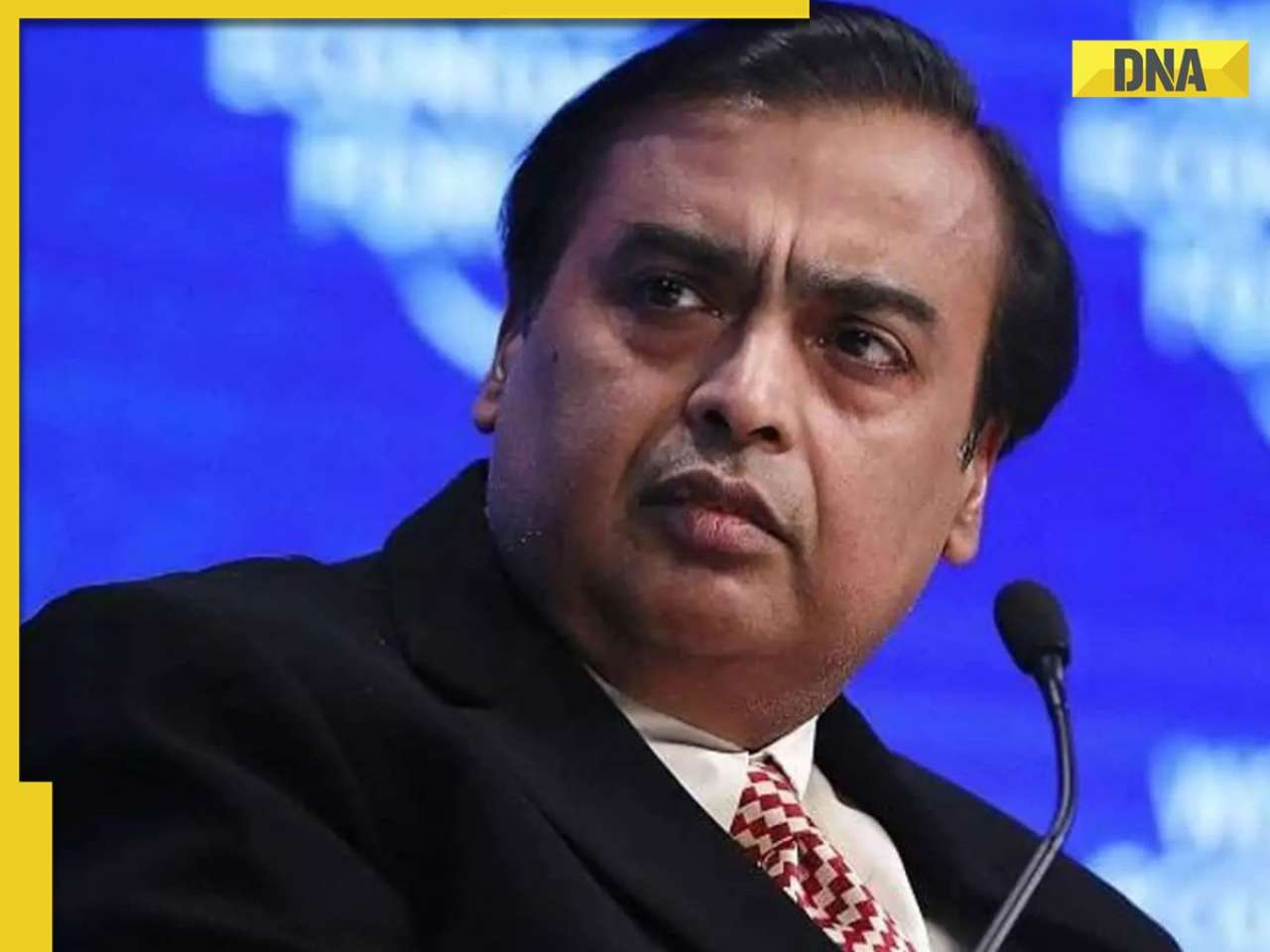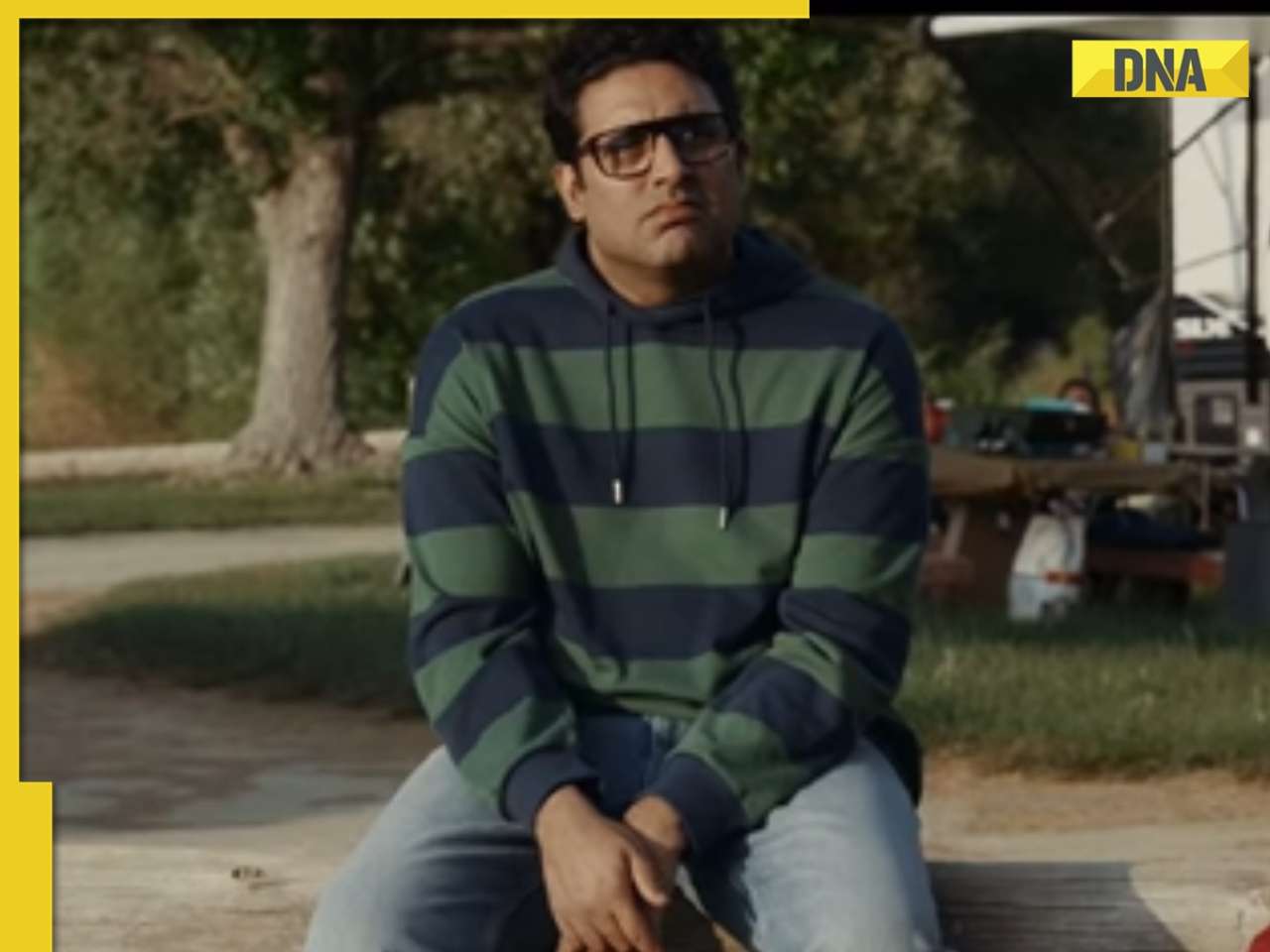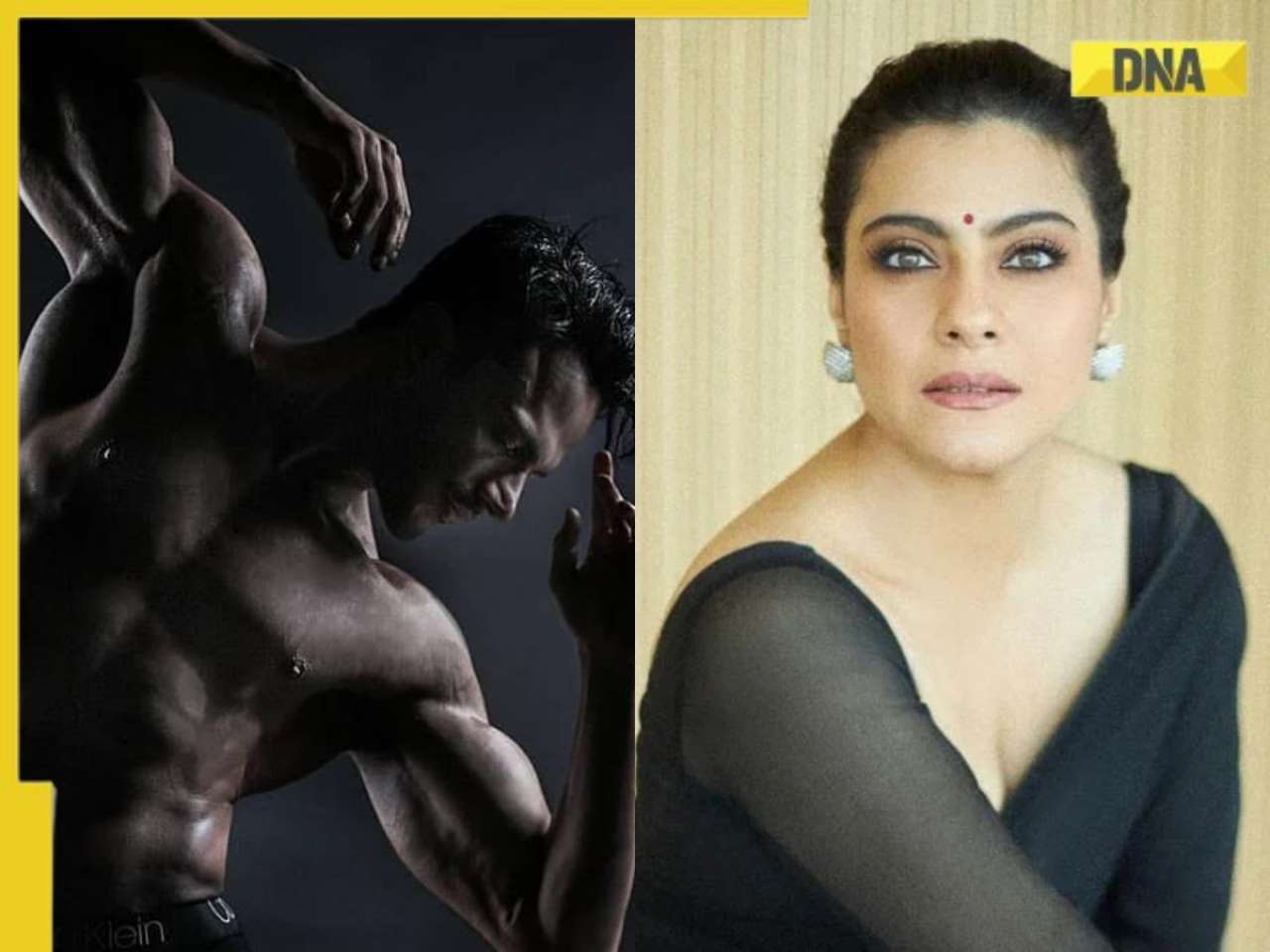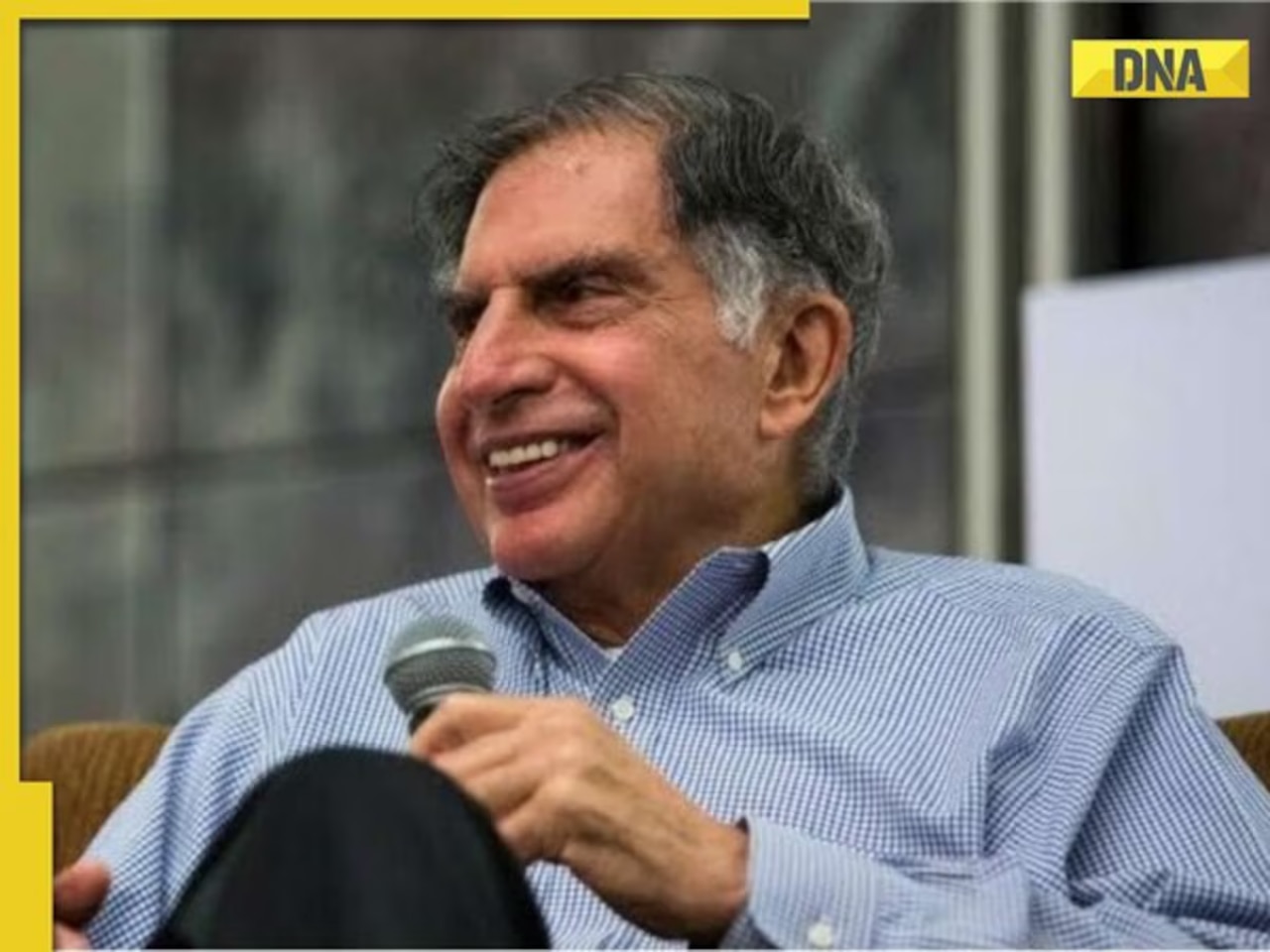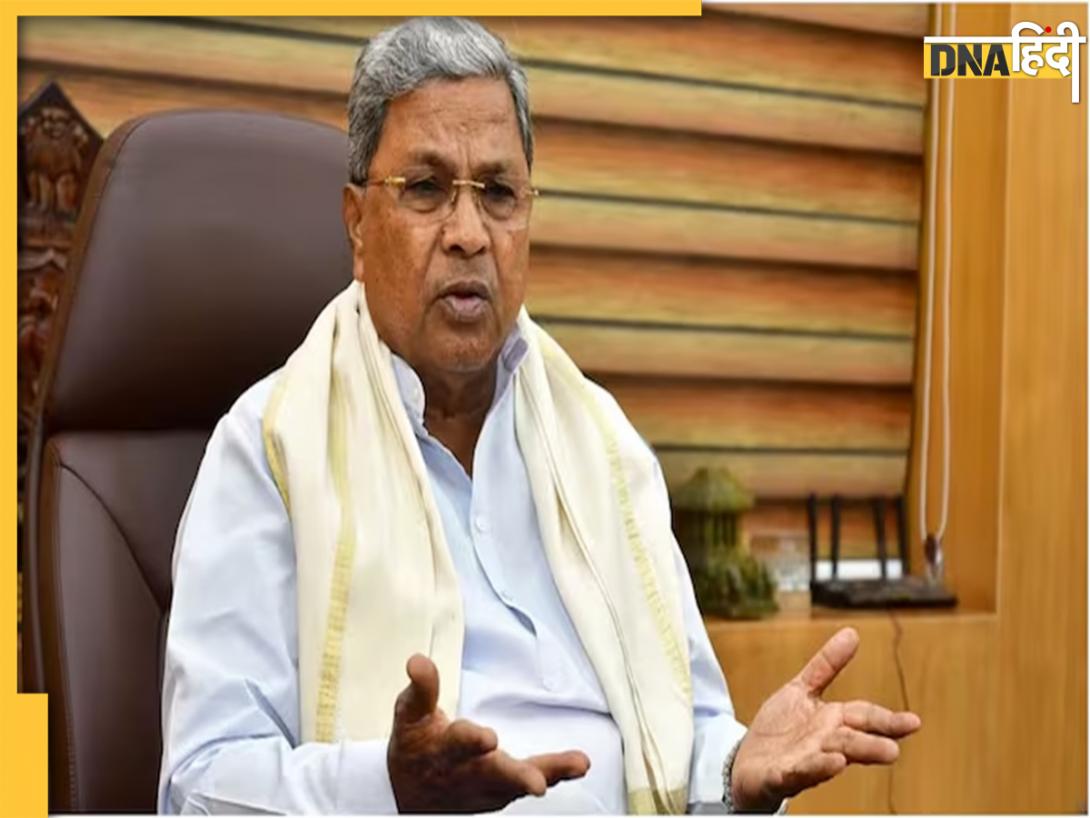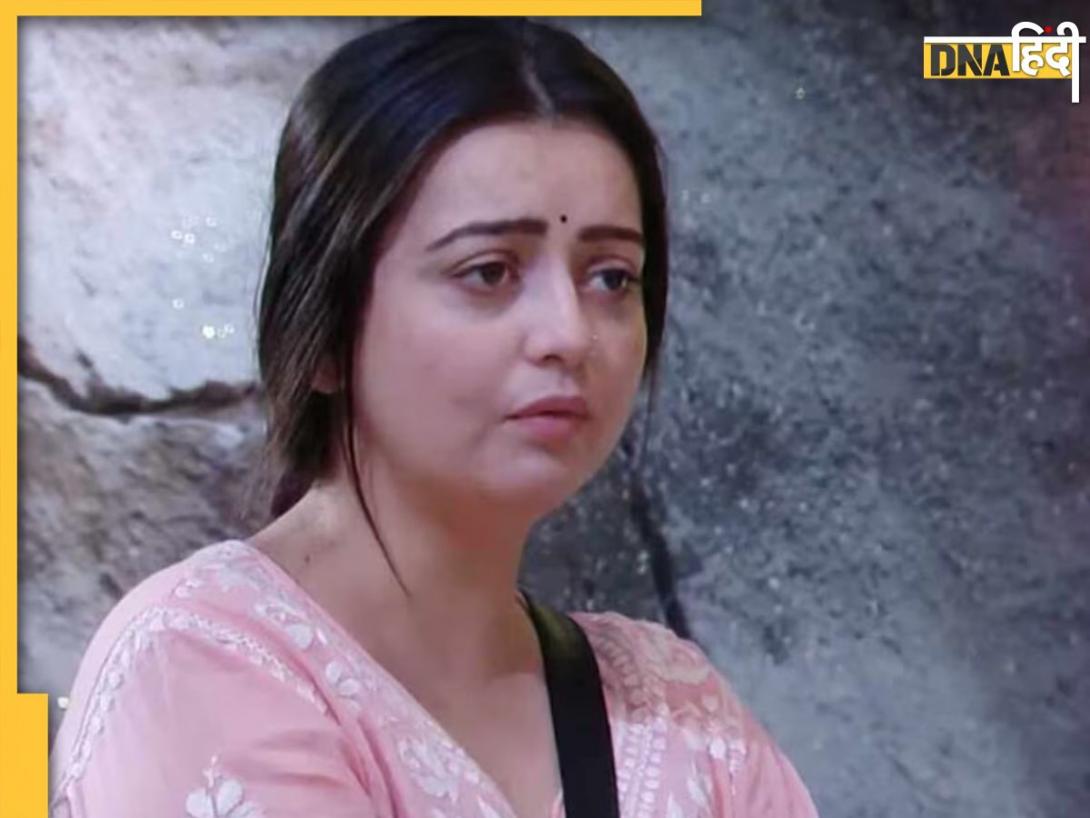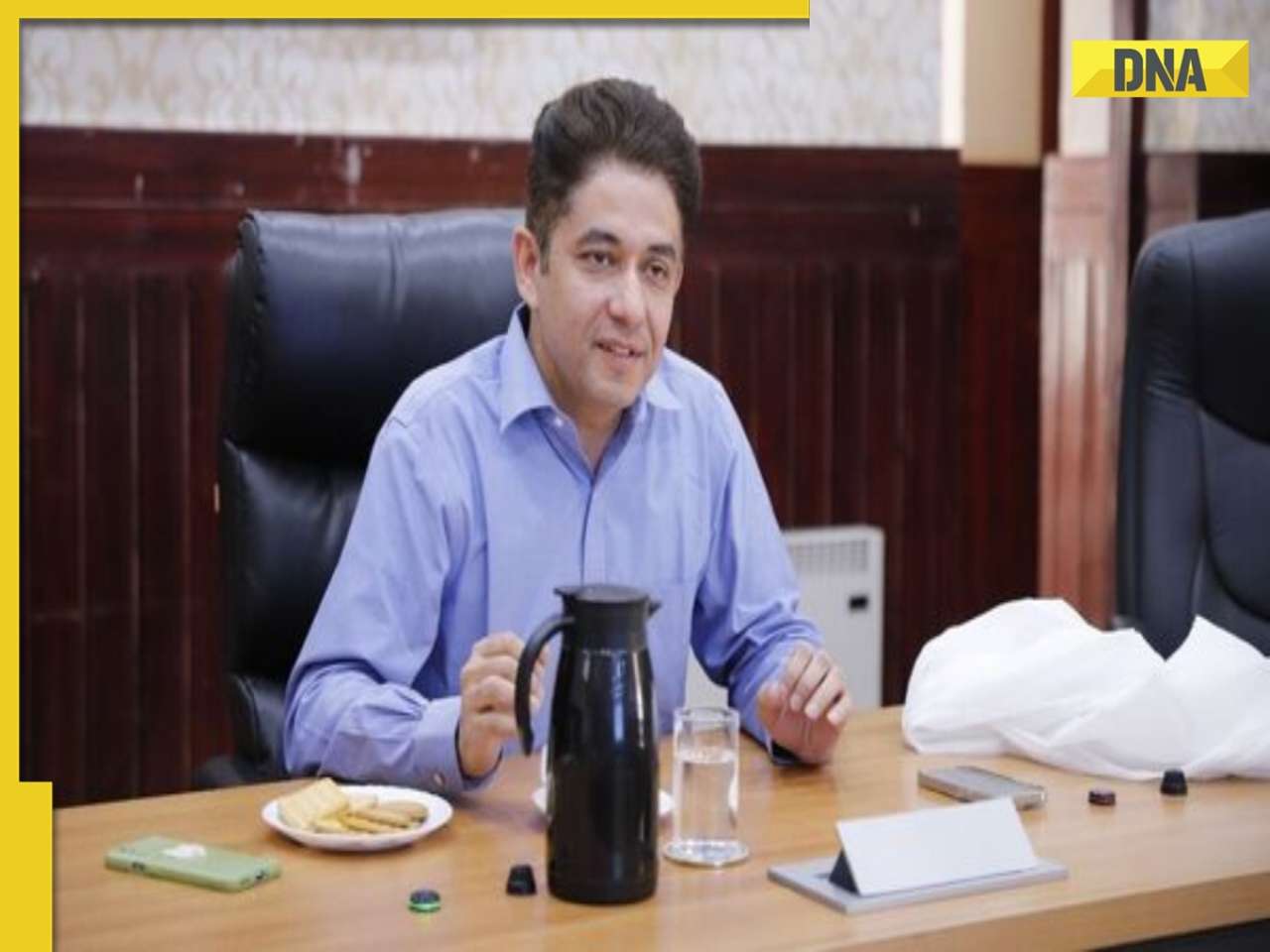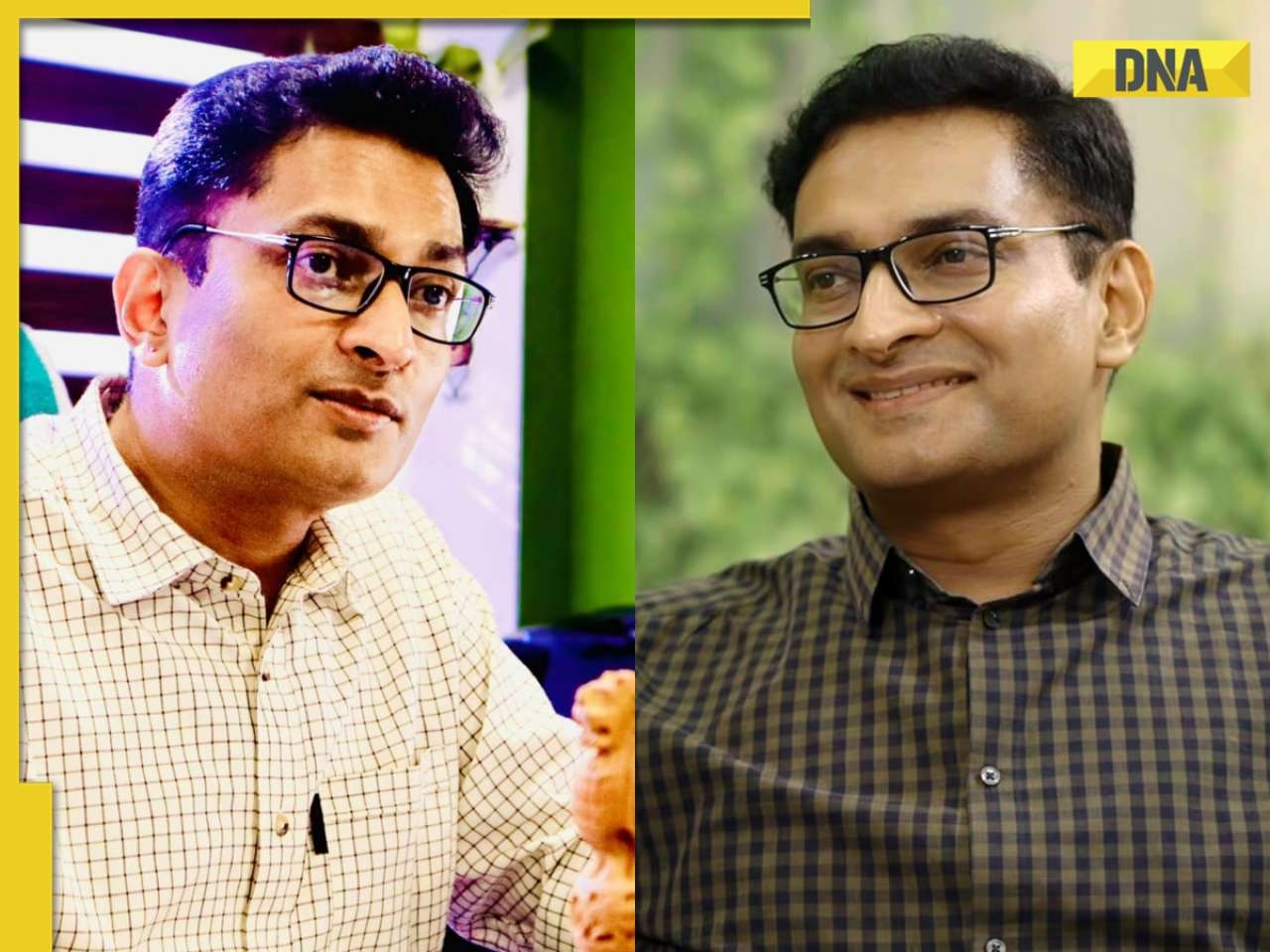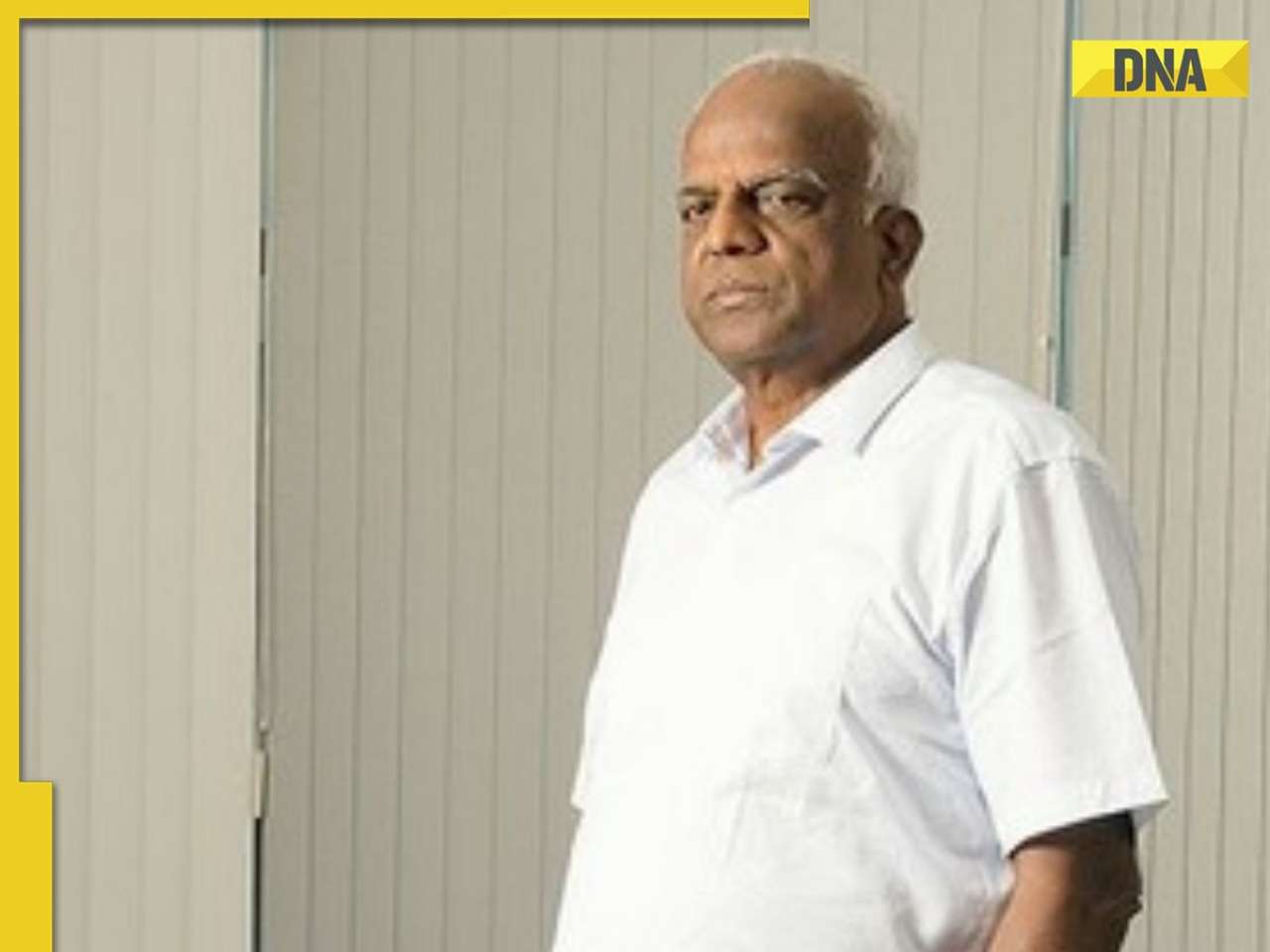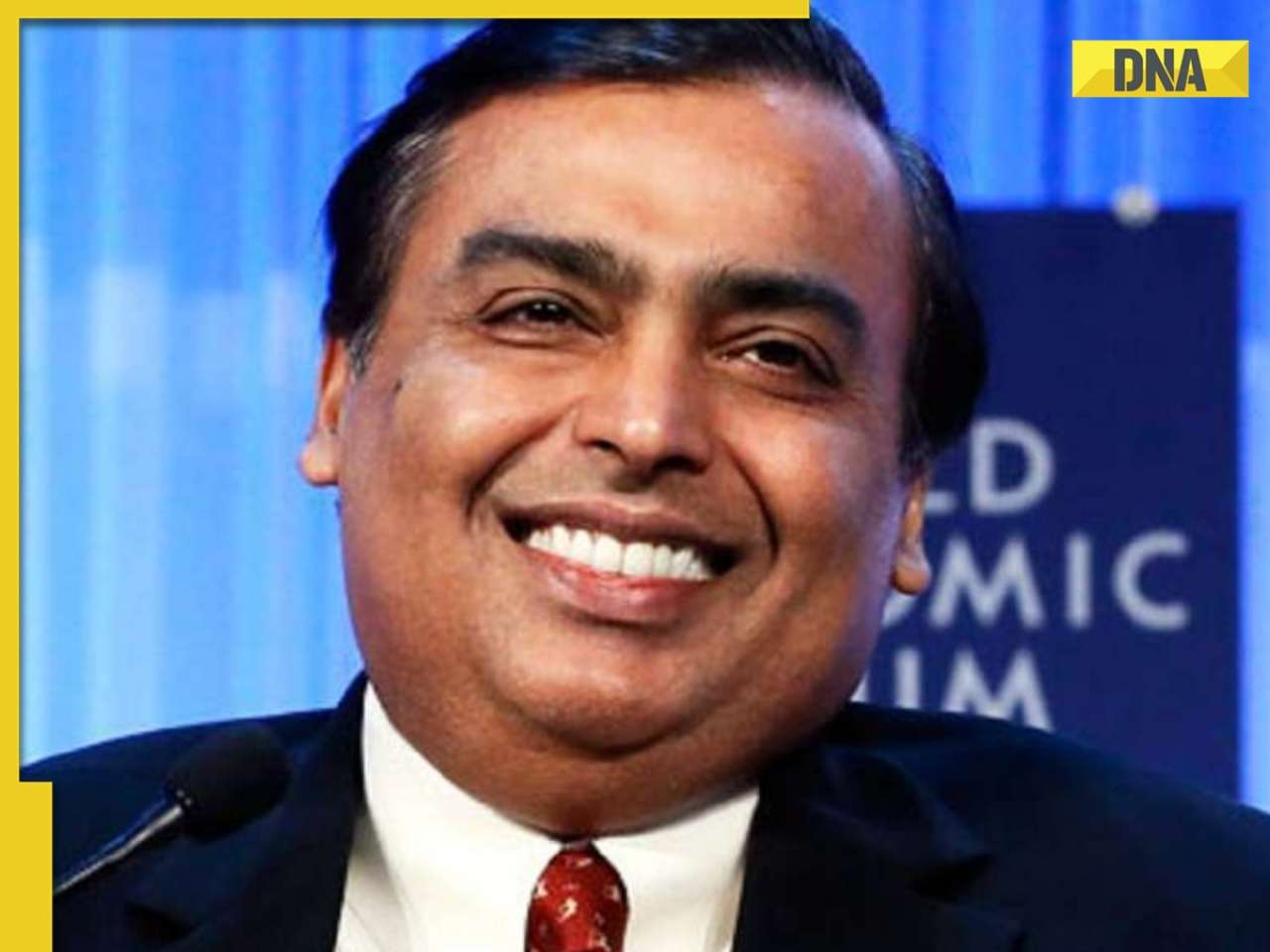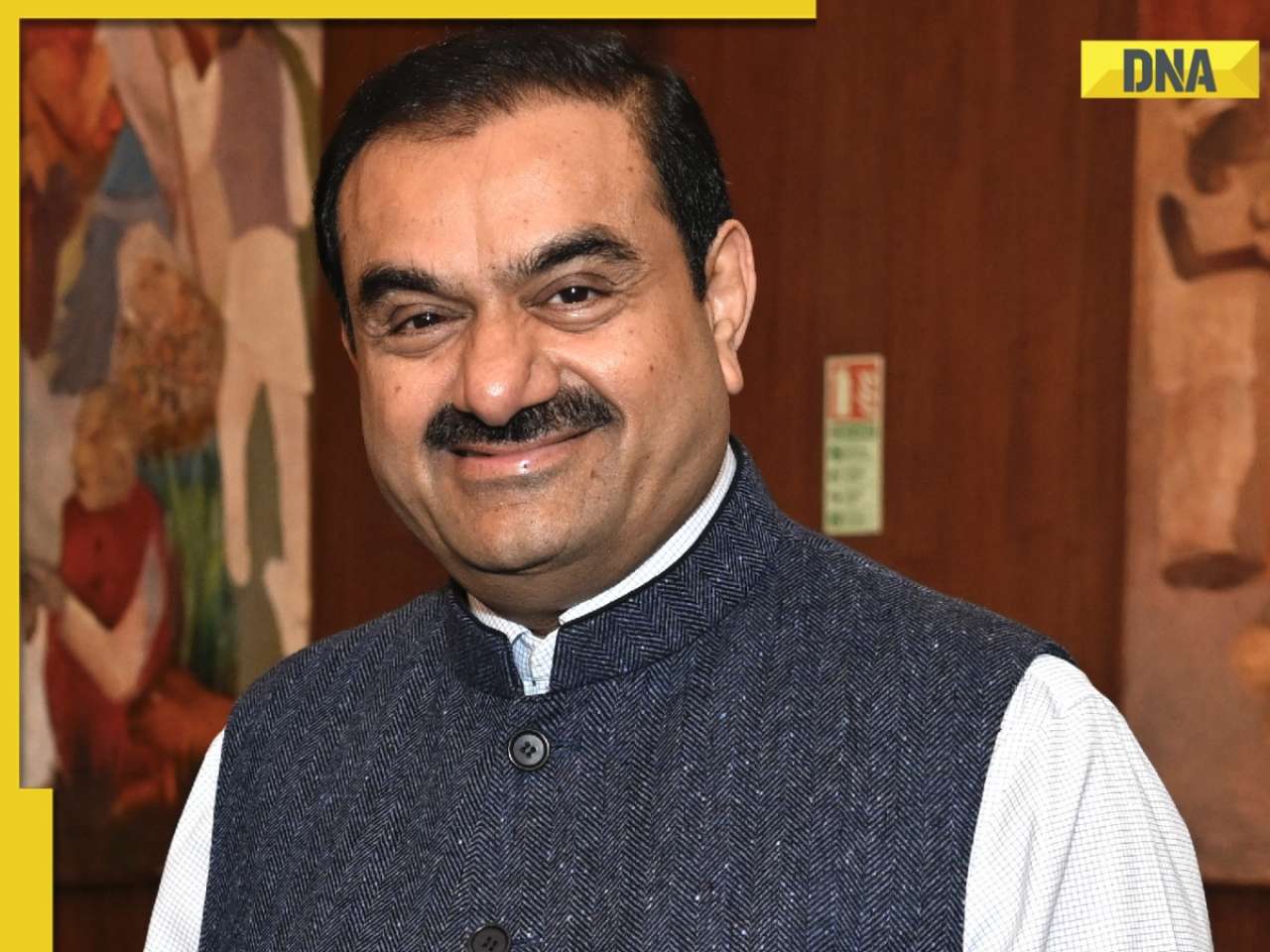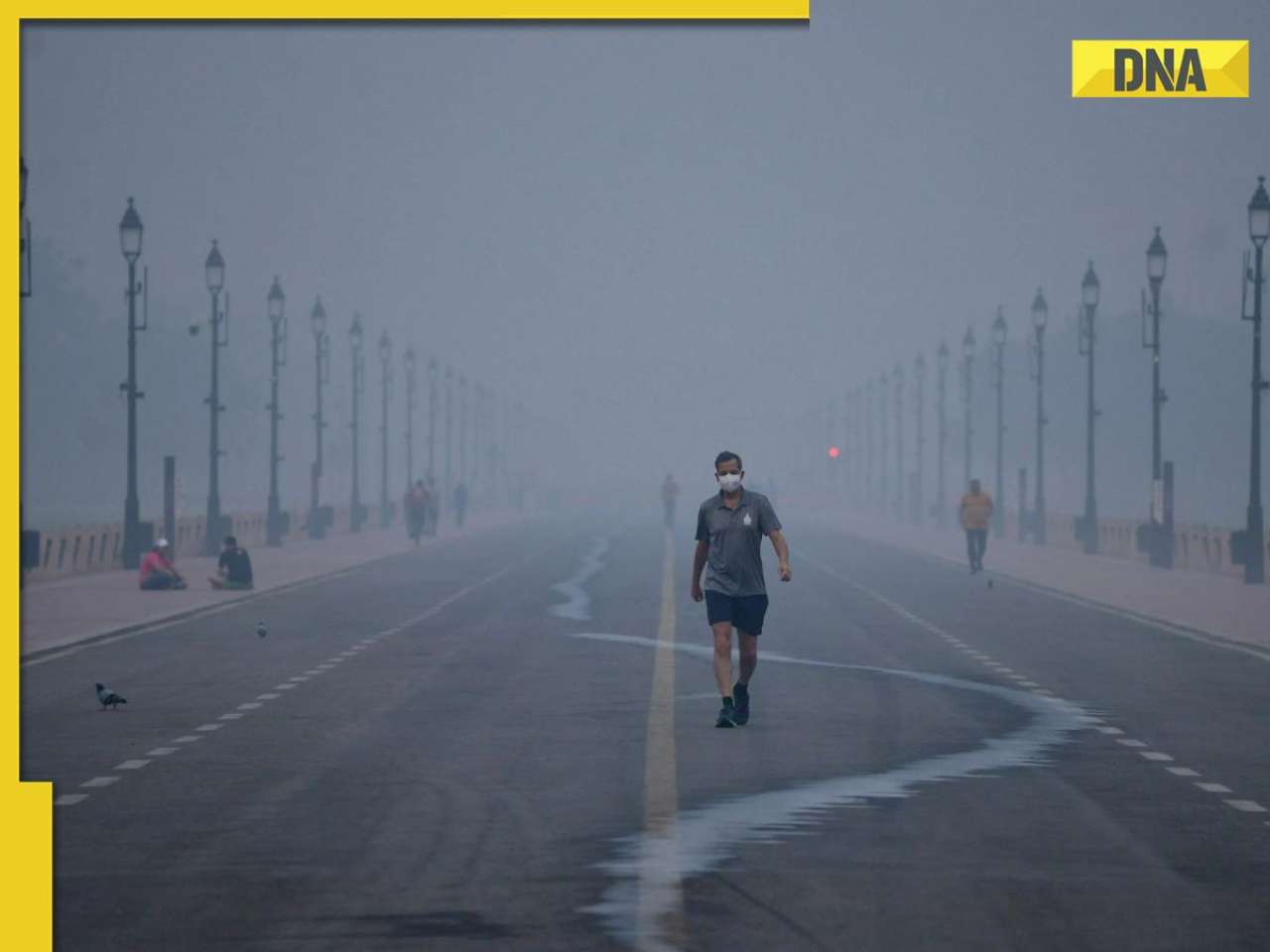- LATEST
- WEBSTORY
- TRENDING
INDIA
Don’t become authoritarian, Supreme Court tells high courts
Faced with a spate of complaints alleging legally unacceptable orders have been passed by some high courts, the Supreme Court has cautioned these high judicial forums not to exceed their powers and to 'avoid the temptation to become authoritarian'.
TRENDING NOW
Faced with a spate of complaints alleging legally unacceptable orders have been passed by some high courts, the Supreme Court has cautioned these high judicial forums not to exceed their powers and to “avoid the temptation to become authoritarian”.
The detailed judgment passed by a bench of Justice DK Jain and Justice AK Ganguly says the high court’s power of superintendence of trial courts is administrative and judicial in nature. This power can’t be misused to “influence” the subordinate judiciary directing it pass a judgment in a particular manner.
It must be used “sparingly and only in appropriate cases in order to keep the subordinate courts within the bounds of their authority”.
The Supreme Court quashed a Kerala high court judgment that had exempted an accused in the cheque bounce case and had passed a slew of directions to all criminal courts dealing with cheque-bouncing and other cases involving offences that were technical in nature and not involving moral turpitude.
The Supreme Court held that with such orders, the Kerala high court interfered with the working of the statutory powers conferred on the trial courts.
The apex court has recalled its directions in another case and affirmed it too. “The courts should avoid the temptation to become authoritarian. We have been coming across several instances, where in their anxiety to do justice the courts have gone overboard, which results in injustice rather than justice. It is said that all power is trust and with greater power comes greater responsibility,” the bench held.
Thus, the bench said the trial court alone can decide whether or not an accused deserves to be exempted from personal attendance. “The magistrate is the master of the court in so far as the progress of the trial is concerned and none else.” the top court added.








)
)
)
)
)
)
)
)
)
)
)
)
)
)
)





